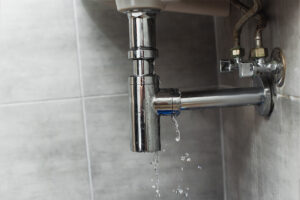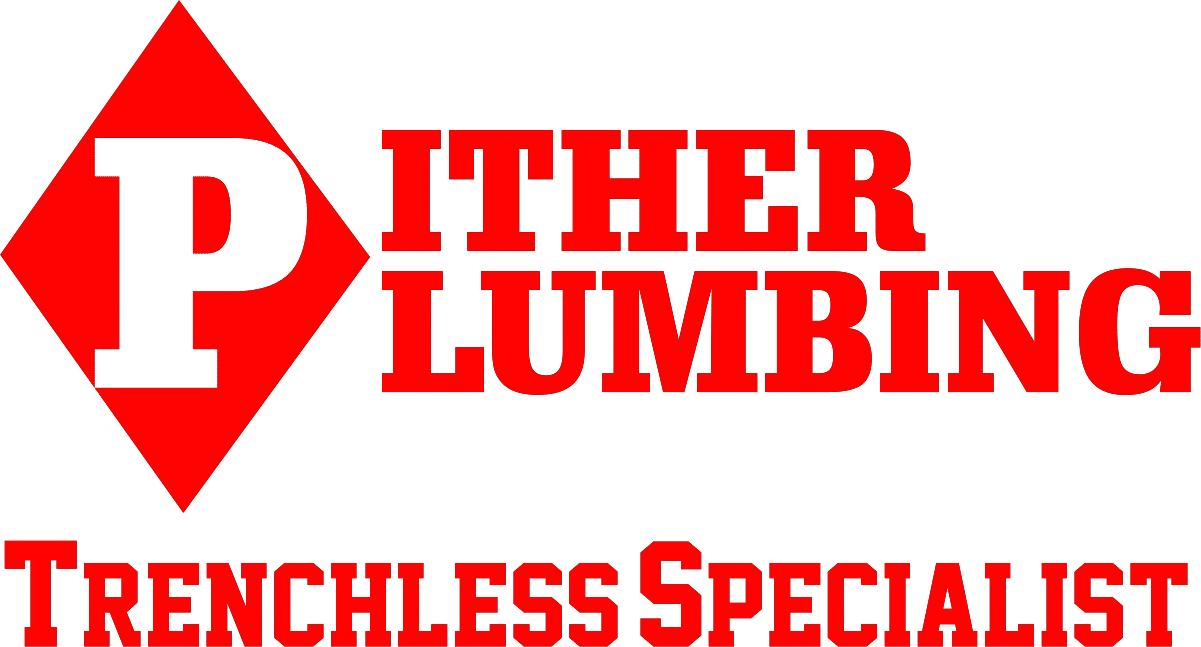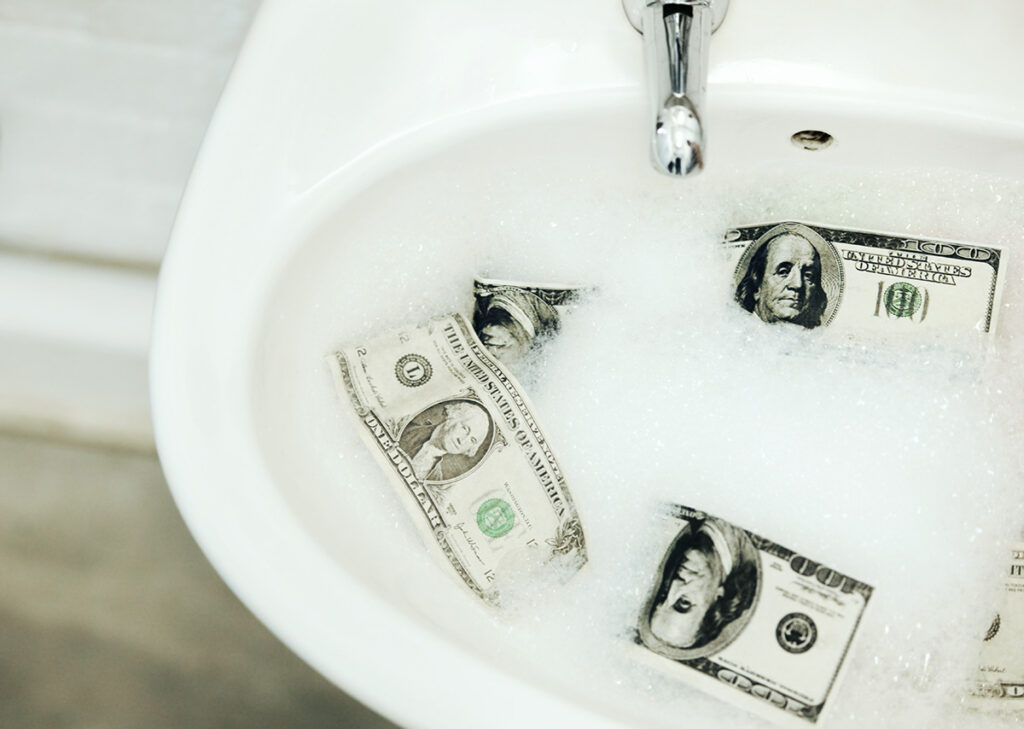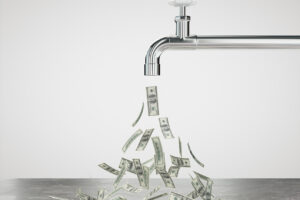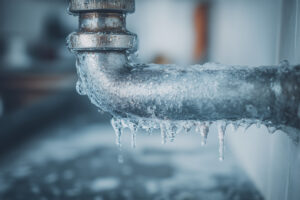When summer arrives, many households face unexpectedly high water bills due to increased indoor and outdoor usage, billing errors, and undetected leaks. This article examines common causes behind high summer water bills, methods for leak detection and repair, and practical conservation strategies. By understanding water consumption behaviors, rate changes, and technical issues like faulty meter readings, homeowners can take effective steps to reduce expenses. The resource offers practical examples, data insights, and step-by-step advice to help customers pinpoint inefficiencies, control water waste, and avoid sudden bill spikes.
Transitioning from broad causes to tangible solutions, the sections below address each contributing factor with targeted questions and clear remedies.
What Are the Common Reasons for High Water Bills in Summer?
High summer water bills often result from increased consumption, unnoticed leaks, and outdated billing practices. Hot weather drives more water use for cooling, irrigation, and leisure, while infrastructure issues such as worn-out valves can cause hidden leaks, all contributing to elevated charges.
How Does Increased Summer Water Usage Affect Your Bill?
During summer, extended use of water for activities like showering, filling swimming pools, and heavy garden irrigation raises water meter readings and overall charges. Many households also use extra hoses for watering lawns or pools, driving consumption up by as much as 30% in peak months. This surge, coupled with tiered pricing structures, results in proportionately higher bills. Monitoring seasonal shifts and adjusting habits accordingly can help manage costs.
Can Undetected Leaks Cause a Spike in Your Water Bill?
Even a small leak—a dripping faucet, running toilet, or compromised pipe joint—can waste hundreds of gallons per month. A slow drip might waste around 20 gallons per day, adding to already high summer consumption. Routine checks under sinks, around toilets, and by outdoor spigots, as well as simple dye tests in toilets, can help spot leaks early, allowing timely repairs that reduce waste and lower bills.
Are Outdoor Watering and Irrigation Systems Driving Up Costs?
Outdoor watering, including lawn irrigation, garden maintenance, and car washing, can significantly increase water bills. Many sprinkler systems run on timers that may not adjust to seasonal rainfall or heat, causing overwatering. Damaged hoses, faulty sprinkler heads, and high-flow nozzles further waste water. By calibrating irrigation systems, installing water-saving nozzles, and using rain sensors, households can reduce outdoor use by up to 40% and keep bills manageable.
How Do Water Rate Changes and Billing Errors Influence Your Bill?
Water utilities may implement tiered pricing models that charge higher rates as consumption increases. Administrative errors such as incorrect meter readings or misapplied service charges can also lead to unexpectedly high bills. Some customers may even be billed for previous months’ averages instead of actual usage. It is critical to review bills for inconsistencies and contact customer service or use online bill analysis tools to detect and resolve errors.
How Can I Identify and Fix Water Leaks to Lower My Bill?
Finding and repairing leaks is a direct way to lower water bills. Leaks may be hidden in walls or beneath floors and often go unnoticed without careful monitoring. Both DIY checks and professional leak detection services play important roles in minimizing waste.
What Are the Signs of Hidden Water Leaks at Home?
Unusually high water bills despite moderate usage are a clear sign of hidden leaks. Other indicators include damp or moldy spots on walls and ceilings, musty odors, and green or dark patches on lawns. A decrease in water pressure or unexplained puddles may also signal leaks. Regularly checking appliance connections and monitoring the water meter when no water is in use can help catch these issues early.
How Do Professional Leak Detection Services Work?
Professionals use advanced technology, such as acoustic sensors, thermal imaging cameras, and moisture meters, to pinpoint leaks with high precision. They begin with a comprehensive inspection, identify the leak’s location, and assess water damage. Improving detection accuracy by up to 90%, these services recommend efficient repair strategies that reduce future water waste.
Can DIY Leak Repairs Help Reduce Water Waste?
For minor leaks, DIY repairs can be both effective and cost-saving. Homeowners can replace worn washers, tighten loose fittings, or apply sealant to small pipe cracks with guidance available through online tutorials. However, more complex leaks, especially in intricate plumbing systems, should be handled by professionals to avoid additional damage.
When Should You Call a Plumber for Leak Repairs?
If leaks persist after DIY efforts, or if they cause significant water pooling, dampness, or a drop in water pressure, it is time to call a licensed plumber. Leaks in the main water line or central distribution system require professional diagnostic tests and robust repairs. Although professional repairs may have an upfront cost, they typically pay off by preventing prolonged water loss and higher bills.
What Are Effective Water Conservation Methods to Reduce Summer Bills?
Effective conservation not only lowers water bills but also promotes sustainable usage. By combining energy-efficient appliances with mindful behaviors, households can reduce water waste both indoors and outdoors.
Which Water-Saving Appliances and Fixtures Are Most Efficient?
Upgrading to water-efficient appliances and fixtures is key. Installing low-flow showerheads, dual-flush toilets, and ENERGY STAR-rated dishwashers significantly reduces water use without sacrificing performance. Faucets with aerators mix air with water to lower flow rates while maintaining pressure. Although such upgrades may involve higher initial costs, the long-term savings and extended appliance life make them a sound investment.
How Can Behavioral Changes Cut Down Water Usage?
Simple behavioral adjustments can yield large savings. Turning off the tap while brushing teeth, taking shorter showers, and running dishwashers and washing machines only when full all help reduce water consumption. Educating all household members about water conservation practices creates a culture of efficient use, potentially lowering overall consumption by about 20%.
What Outdoor Watering Tips Help Save Water During Summer?
Outdoor conservation strategies include watering lawns and gardens early in the morning or late in the evening to minimize evaporation. Installing smart irrigation controllers that adjust watering based on weather conditions or soil moisture and using mulch to retain soil moisture further reduce water use. Drip irrigation systems that deliver water directly to plant roots are much more efficient than traditional sprinklers. Combining these methods can significantly decrease outdoor consumption.
How Does Rainwater Harvesting Contribute to Lower Bills?
Rainwater harvesting involves collecting and storing rainwater from roofs or other surfaces into tanks for later irrigation or non-potable uses such as washing vehicles. This practice reduces reliance on municipal water supplies and helps buffer against rate increases. Incentives and rebates from local governments can further offset installation costs, making rainwater harvesting both an economical and sustainable option.
How Can I Analyze My Water Bill to Understand High Charges?
A careful analysis of your water bill can reveal the reasons behind high charges. Examining individual line items, usage data, and rate structures enables homeowners to identify inefficiencies and potential billing errors.
What Key Metrics Should I Look for on My Water Bill?
Important metrics include total water consumption (measured in gallons or cubic feet), tiered pricing rates, fixed service fees, and any additional charges. A sudden increase in consumption or shifting into a higher pricing tier may signal usage problems or billing issues that need addressing.
How Do Seasonal Usage Patterns Reflect on Your Bill?
Consumption typically rises during summer due to increased needs for cooling, irrigation, and leisure activities, and falls in winter. Comparing monthly or quarterly bills can help identify seasonal trends and prepare for peak usage periods by implementing conservation measures or scheduling maintenance to detect leaks.
Are There Tools or Services to Help Analyze Water Bills?
Many water utilities offer online dashboards that provide historical consumption data and comparisons with neighborhood averages. Third-party applications and specialized software can also analyze usage trends and suggest improvements. These digital tools help homeowners quickly identify anomalies that may indicate leaks or errors, enabling prompt corrective action.
How Can I Spot Billing Mistakes or Overcharges?
Review bills carefully and compare them with previous statements. Look for unexpected increases in consumption or fees that do not match your actual usage. If the physical meter reading does not match the bill, contact customer service immediately with your findings to resolve any discrepancies.
What Are Common Water Bill Mistakes and How Can I Avoid Them?
Errors on water bills often occur due to misread meters, incorrect rate applications, or misunderstandings of tiered pricing systems. Recognizing and avoiding these common mistakes is crucial for keeping bills in check.
How Do Incorrect Meter Readings Affect Your Bill?
Faulty meter readings, whether due to equipment issues or human error, can lead to overestimated consumption and higher bills. Regularly verifying meter accuracy by taking your own readings and comparing them with the billed amount can help detect these errors early. Contacting the utility for an inspection when discrepancies are found prevents recurring overcharges.
Can Misunderstanding Water Rates Lead to Surprises?
Many municipalities use tiered pricing models where the cost per gallon increases once a certain usage threshold is crossed. Homeowners unfamiliar with these nuances might inadvertently consume water at a higher rate. Requesting a clear explanation of the rate structure and re-reading your bill carefully can help avoid such surprises.
What Billing Practices Should I Watch Out For?
Beware of estimated billing or prorated charges that may not accurately reflect usage. Complex rate structures can sometimes obscure true consumption figures. Regular review of your billing details ensures that you are charged correctly and can prompt timely inquiries if something seems off.
How Can Regular Monitoring Prevent Unexpected Charges?
Frequent checks of your water meter and detailed comparisons with each monthly bill can catch unexpected spikes early. Keeping a simple log of meter readings and corresponding billing amounts helps identify recurring issues, enabling prompt follow-up with the water utility to correct errors and manage bills more effectively.
What Summer Water Usage Tips Help Keep Your Bill Low?
Adopting smart water usage strategies during the summer is essential to maintain low bills while keeping your home comfortable and landscaped.
How Should I Adjust Outdoor Watering During Hot Months?
Water lawns and gardens early in the morning or late in the evening to reduce evaporation. Use drip irrigation systems instead of traditional sprinklers to target water directly to plant roots and install rain sensors and smart controllers to optimize watering schedules. Regularly checking for overwatering ensures that you are not wasting water unnecessarily.
What Indoor Water-Saving Habits Are Most Effective in Summer?
Indoors, reduce water use by taking shorter showers, repairing dripping faucets promptly, and running appliances only when full. Installing low-flow fixtures such as showerheads and aerated faucets can also lower water consumption without affecting performance. These small changes add up to considerable savings over the summer months.
Can Smart Home Devices Help Manage Water Usage?
Smart water meters and monitoring systems provide real-time data on water consumption and can alert you to unusual patterns indicative of leaks. These devices often integrate with home automation systems to automatically restrict water flow during spikes in usage, ensuring proactive management of water resources and helping to lower bills.
How Does Pool Maintenance Impact Water Consumption?
Maintaining pools properly is crucial because they can be major water users during summer. Regularly check for leaks, cover the pool when not in use, and maintain proper chemical balance to minimize evaporation. Using a pool cover can cut evaporation by up to 70%, reducing the frequency of refilling and overall consumption.
When Should I Seek Professional Help to Manage a High Water Bill?
If DIY efforts and routine adjustments do not lower your water bill, it may be time to seek professional help. Expert interventions can identify underlying issues that are not easily detectable.
What Services Do Water Utility Companies Offer for Bill Analysis?
Many utilities offer online dashboards displaying detailed consumption history, rate structures, and comparisons with local averages. Dedicated customer service teams and free or subsidized leak detection programs can also guide you in reducing your water bill.
How Can Leak Detection Experts Assist in Reducing Costs?
Professional leak detection experts use specialized tools to locate hidden leaks in walls, underground pipes, or irrigation systems. Their precise diagnostics can reduce wasted water significantly—sometimes lowering water bills by 20% or more—by addressing issues that might otherwise go unnoticed.
Are There Financial Assistance Programs for High Water Bills?
Local governments and non-profit organizations may offer grants, low-interest loans, or temporary subsidies for households struggling with high water bills. Some utilities also provide budget billing plans to even out seasonal fluctuations. Researching available programs can help ease financial burdens while you implement longer-term conservation measures.
How Do Water Conservation Consultants Help Homeowners?
Consultants provide personalized assessments of your plumbing system, irrigation setup, and water-using appliances. Their targeted recommendations, which may include upgrading fixtures or adopting smart technologies, can yield significant savings by ensuring that every aspect of your water consumption is optimized.
